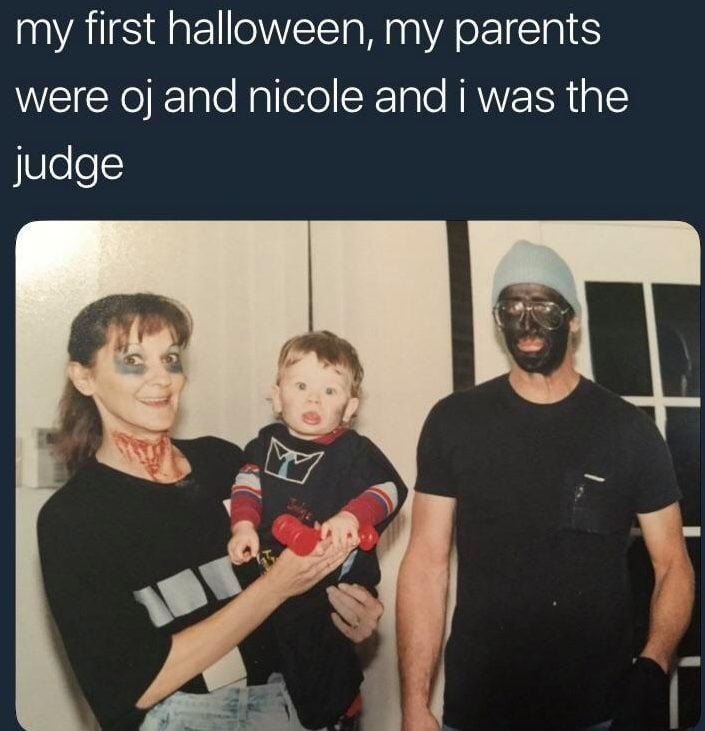this post was submitted on 21 Apr 2024
537 points (97.7% liked)
Facepalm
3558 readers
1 users here now
founded 2 years ago
MODERATORS
you are viewing a single comment's thread
view the rest of the comments
view the rest of the comments

You say that, but in the same leg, Richard Pryor's stand up is still considered to be S tier stuff, and it was filled with very non PC comedy. Same of the Chapelle show and in the "funny because it's so wrong" category, but still very much funny, the longest running live action sitcom ever in the US, "It's always Sunny in Philadelphia".
Also, comedy has never been a "rich and powerful" trickle down art for as long as I can recall. It's been the complete opposite of that.
Richard Pryor was early to mid 80s, not 90s-00s; and certainly you couldn't do the same material today. Without doing a deep dive IASIP is very different in many ways to Pryor's and Chapelle's material - tone, content, format, delivery, context... in almost every way.
What also a lot of people don't want to countenance is that Pryor and Chapplle are African-American, McElhenney and Howerton are not. Who are the edgy black american comedians that are being "cancelled" today? And more crucially - some of the issues that formed Pryors stand up - ghettos, brothels and kids drug use - are much less prevalent today
Pryor's first special was released by the same publisher as Hard Days Night by the Beatles (MPI), so absolutely there was money involved there.
Chappelle's first TV appearance was on Def Comedy Jam, owned by $100MM record company Def Jam (it would sell for 150 mil a few years later - so that's a guess but I think a fair one)
You're talking about the labels or venue's instead of talking about the comedians. Chappelle didn't get that gig because he was made of money. He got it because all of his stand up shows leading up to that were liked and he got their attention. That's how becoming a famous comedian works. You're popular enough to get someone to notice you. It's how most bands work, too. Motley Cru started off as nobody's before getting noticed from a small venue where they were getting popular.
I'm not saying comedians are rich, I'm saying that the structures that support mainstream comedy are similar to those in all large organizations such as movies, music, Broadway...
Thats not really the relevant point anyway.